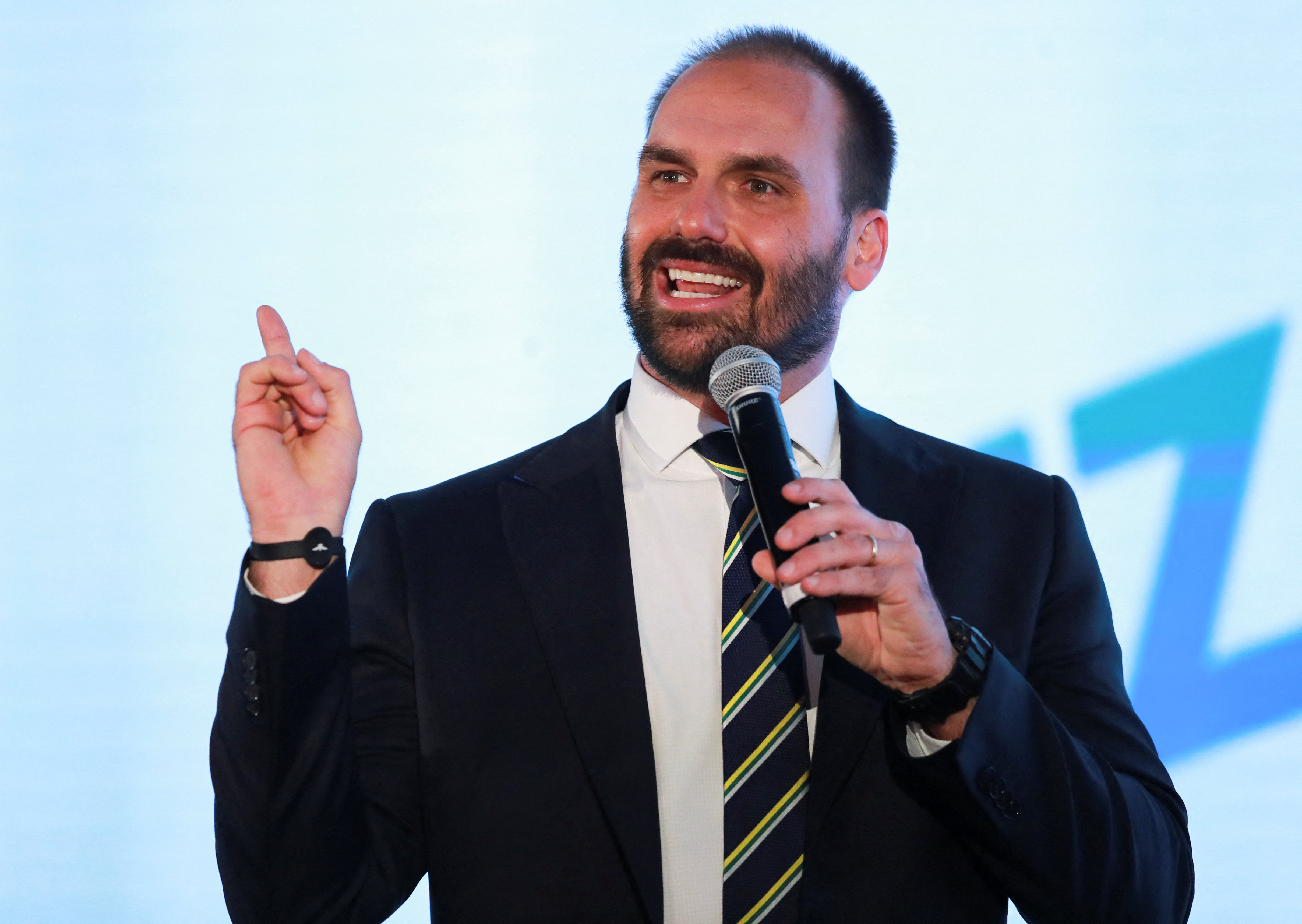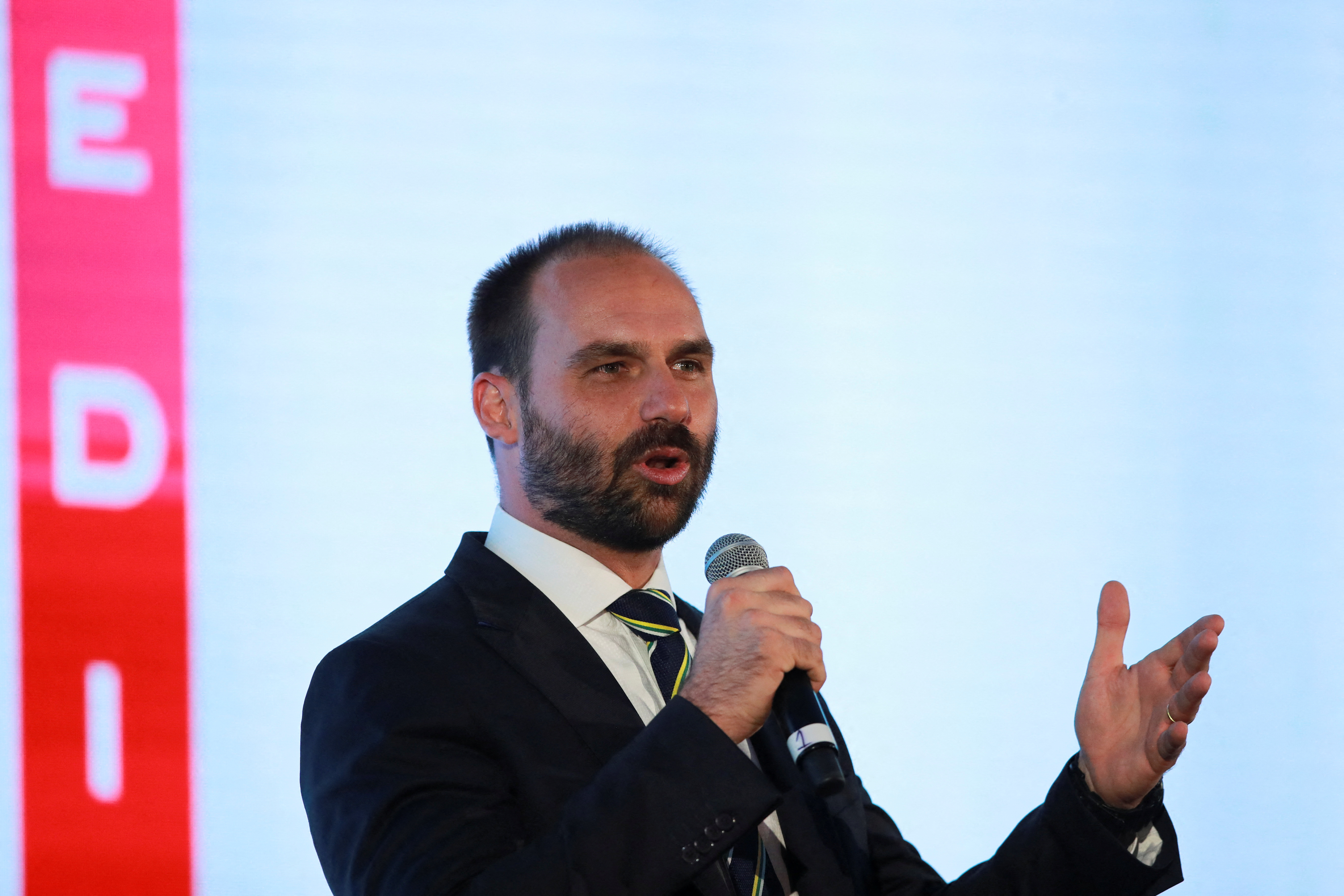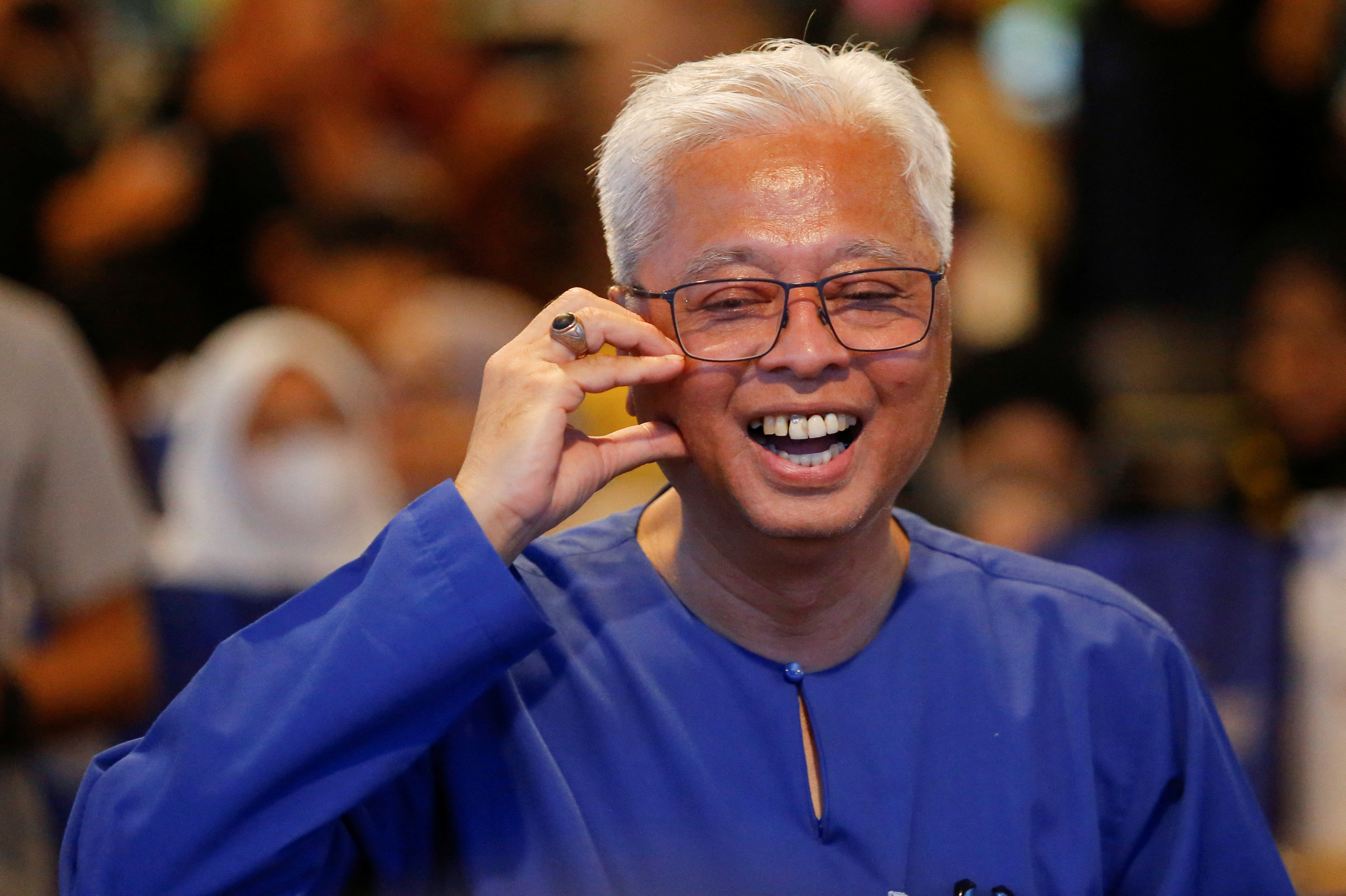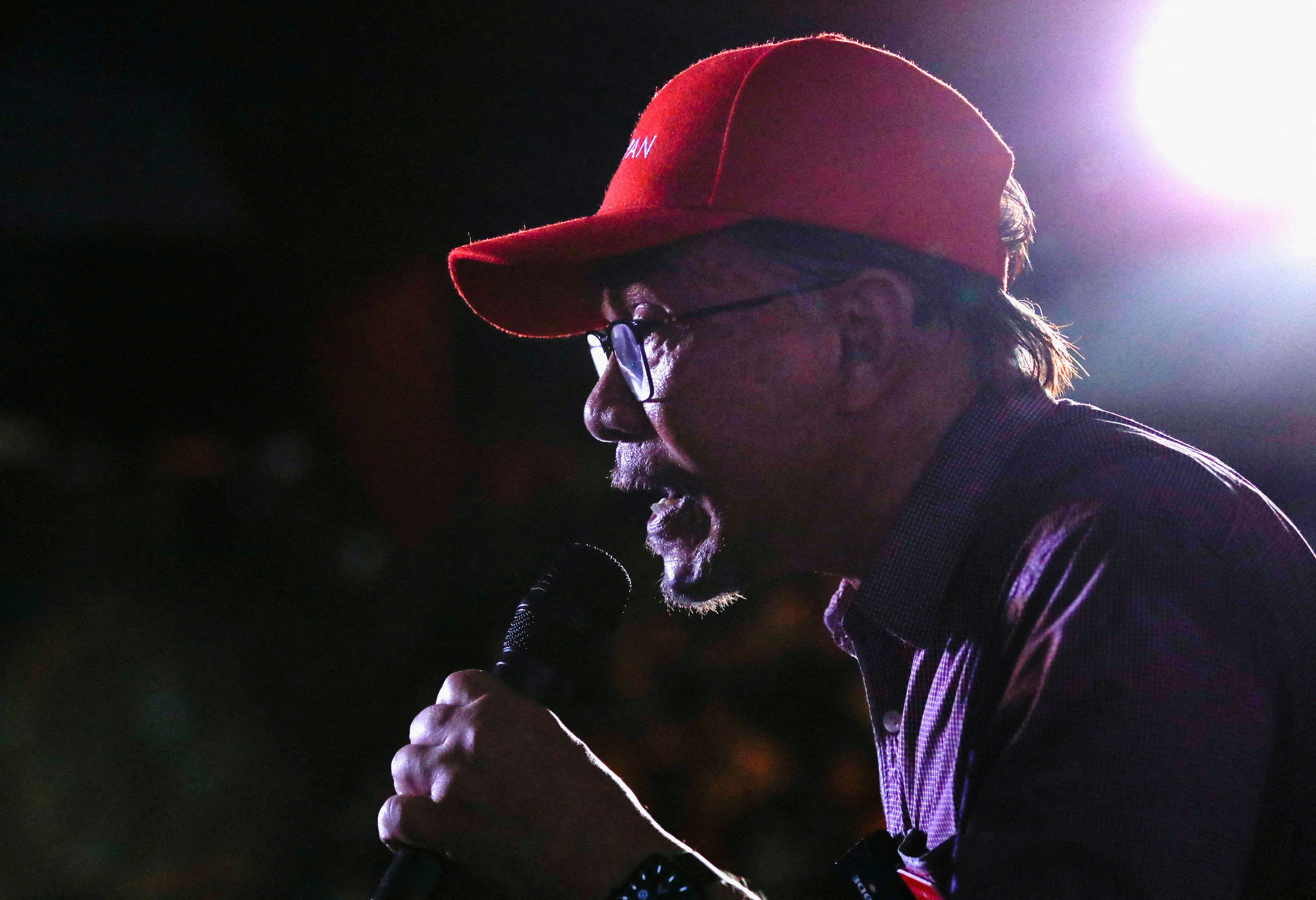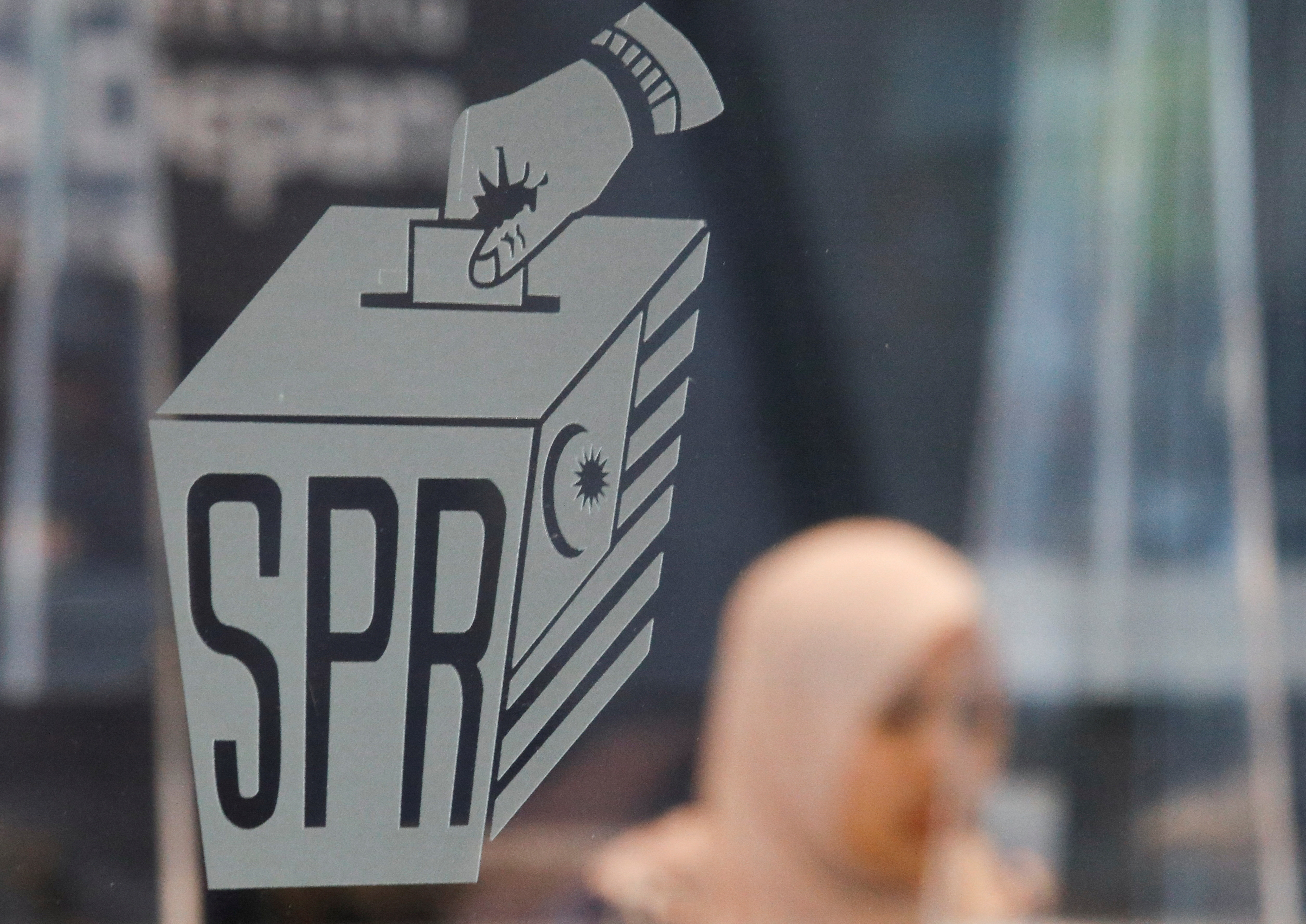Kyiv could face ‘complete shutdown’ of power amid crippled Ukrainian grid; hundreds of Ukrainians disappeared in Kherson, say war crime researchers
Russian missile strikes have crippled almost half of Ukraine’s energy system, the government in Kyiv has said, as authorities warned that the city could face a “complete shutdown” of the power grid as winter sets in.
With temperatures falling and Kyiv seeing its first snow, officials were working to restore power nationwide after some of the heaviest bombardment of Ukrainian civilian infrastructure in the war. The UN says Ukraine’s electricity and water shortages threaten a humanitarian disaster.
Volodymyr Zelenskiy has dismissed the idea of a “short truce” with Russia, saying it would only make things worse. “Russia is now looking for a short truce, a respite to regain strength,” the Ukrainian president said in remarks broadcast at the Halifax International Security Forum. “Someone may call this the war’s end, but such a respite will only worsen the situation.”
Hundreds of Ukrainians were detained and abducted in Kherson after Russia seized the province, in evidence of a planned campaign, a Yale University group researching war crimes has said. The Conflict Observatory said it had documented 226 extrajudicial detentions and forced disappearances in Kherson. About a quarter of that number were allegedly subjected to torture and four died in custody.
The Kremlin has accused Ukrainian soldiers of executing more than 10 Russian prisoners of war following the circulation of a video on social media purporting to be from the frontline. The footage appears to show Russian soldiers emerging from an outbuilding in the grounds of a house with their hands above their heads before they are told to lie face down. One of the men, as he emerges from the building, appears to turn his gun on Ukrainian soldiers. The footage suggests all the Russians were killed in the violence that followed.
Turkey’s president, Recep Tayyip Erdoğan, talked with Volodymyr Zelenskiy and they congratulated each other for the extension of a UN-brokered grains deal, Erdoğan’s office said. Erdoğan told Zelenskiy the “extension of this understanding to the negotiation table” would benefit all parties.
The Dutch government will summon the Russian ambassador in the Netherlands over Russia’s response to the verdict in the trial over the 2014 shooting down of passenger flight MH17, news agency ANP reported, citing the foreign minister, Wopke Hoekstra. Russia has criticised the Dutch court’s decision to convict two former Russian intelligence agents and a Ukrainian separatist leader.
Ukrainian experts were working at the site in the border area of south-eastern Poland where a missile killed two people, said Ukraine’s foreign minister, Dmytro Kuleba. He wrote on Twitter that Ukraine would continue “open and constructive” cooperation with Poland over the incident.
Poland will not grant a Russian delegation visas to attend an Organisation for Security and cooperation in Europe (OSCE) meeting in Lodz on 1 and 2 December. “We are not giving them visas,” said Lukasz Jasina from the Polish foreign ministry.
Vladimir Putin discussed creating a Turkish “gas hub” with Erdoğan, the Kremlin said on Friday. “Particular attention is paid to the prospects of implementing the initiative, launched by the Russian president in October and supported by Recep Tayyip Erdoğan.”
Ministers of the Asia Pacific Economic Cooperation group said some members condemned the war in Ukraine and also pledged to keep supply chains and markets open. “There were other views and different assessments of the situation and sanctions,” their joint statement read, adding that Apec was not the forum to resolve security issues.
Kyrylo Tymoshenko, deputy head of the Ukraine president’s office, has said two more bodies have been recovered in Vilniansk in the Zaporizhzhia region. “Thus nine people have already been found dead from the rockets of Russian terrorists who fired at residential buildings yesterday,” he said on Telegram. The claims have not been independently verified.
The UK Ministry of Defence said Russia appeared to be preparing defences for further major Ukrainian breakthroughs in Donetsk province.
Construction of a planned barbed-wired fence along Finland’s long border with Russia will start early next year, Finnish border guard officials said, amid concerns over Europe’s changing security environment.


